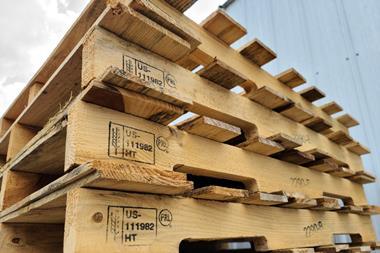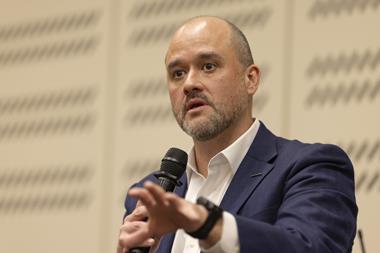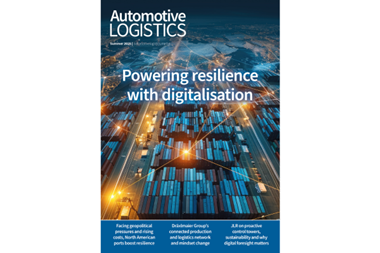After the shock result in the UK's referendum on membership of the European Union back in June, many questions still remain about the implications for the country's relationship with the EU...
 Automotive Logistics prides itself on global coverage beyond our base here in Britain, but lately we’ve had reason to look closer to home. First, the UK car industry has boomed and stood out in a struggling European sector. Now, while the ‘Brexit’ vote may look like an incongruous effort to turn the world away, it has captured international attention. Politicans, investors and citizens everywhere are looking at what is happening in the corridors of power in Westminster, in the country’s factories and in the wealth of its citizens. Our readers wonder what it will do to the supply chain.
Automotive Logistics prides itself on global coverage beyond our base here in Britain, but lately we’ve had reason to look closer to home. First, the UK car industry has boomed and stood out in a struggling European sector. Now, while the ‘Brexit’ vote may look like an incongruous effort to turn the world away, it has captured international attention. Politicans, investors and citizens everywhere are looking at what is happening in the corridors of power in Westminster, in the country’s factories and in the wealth of its citizens. Our readers wonder what it will do to the supply chain.
Few are much wiser for having paid attention so far (see Who's in the driving seat.... and where are we going? for our best efforts). While the UK’s Conservative government was quicker than expected in putting up Theresa May as the new prime minister, her cabinet has offered little detail besides her catchy but meaningless tautology, ‘Brexit means Brexit.’
Does that mean leaving the single market? Harsh restrictions on free movement of labour and goods? Will it reverse rules that have guided supply chains for decades?
So far, the sum of the government’s responses amounts to little more than quizzical, Seussian metre: “It may, it may not,” May may say.
The questions will take years to answer properly. Even short-term impacts from the vote are unclear. While the economy has been resilient, companies may be holding back investment until they glimpse what is to come. That was the warning in a letter from Japan’s government about Japanese companies in Britain, which include many in automotive.
Among these is Nissan, which initially said it was putting its investment plans at Sunderland on hold after the referendum result and might seek compensation from the UK government if tariffs were imposed as a result but has since confirmed that it will build the new Qashqai and X-Trail at the plant, following a meeting with Theresa May that appears to have reassured it that the UK will remain a competitive place in which to do business.
Jaguar Land Rover, Britain’s biggest OEM, also offers hope. It has not reneged on investment plans in the UK or the EU and though its logistics team isn’t ready to discuss Brexit yet, its supply chain shows both what is at stake and how OEMs might thrive, whatever Brexit means.
As JLR imports many parts from Europe, and sells around 25% of its UK-built cars in mainland Europe, any barriers put in the way would be damaging. However, JLR has increased UK parts sourcing, while plans for output in Slovakia and Austria will guarantee it access and proximity to the European supply base and market. An increasingly global footprint positions it to avoid instability at home.
Still, localising parts in Britain often requires European components, while any OEMs building in Europe will want to sell cars into the UK. If Brexit cannot be reduced to a slogan, neither can solutions for mitigating it.
For more on the implications of the Brexit vote for the logistics sector, see our report from October's Automotive Logistics UK summit, Ford's recent call for the UK's current trading arrangements to be retained, and our further recent articles on the subject.



































